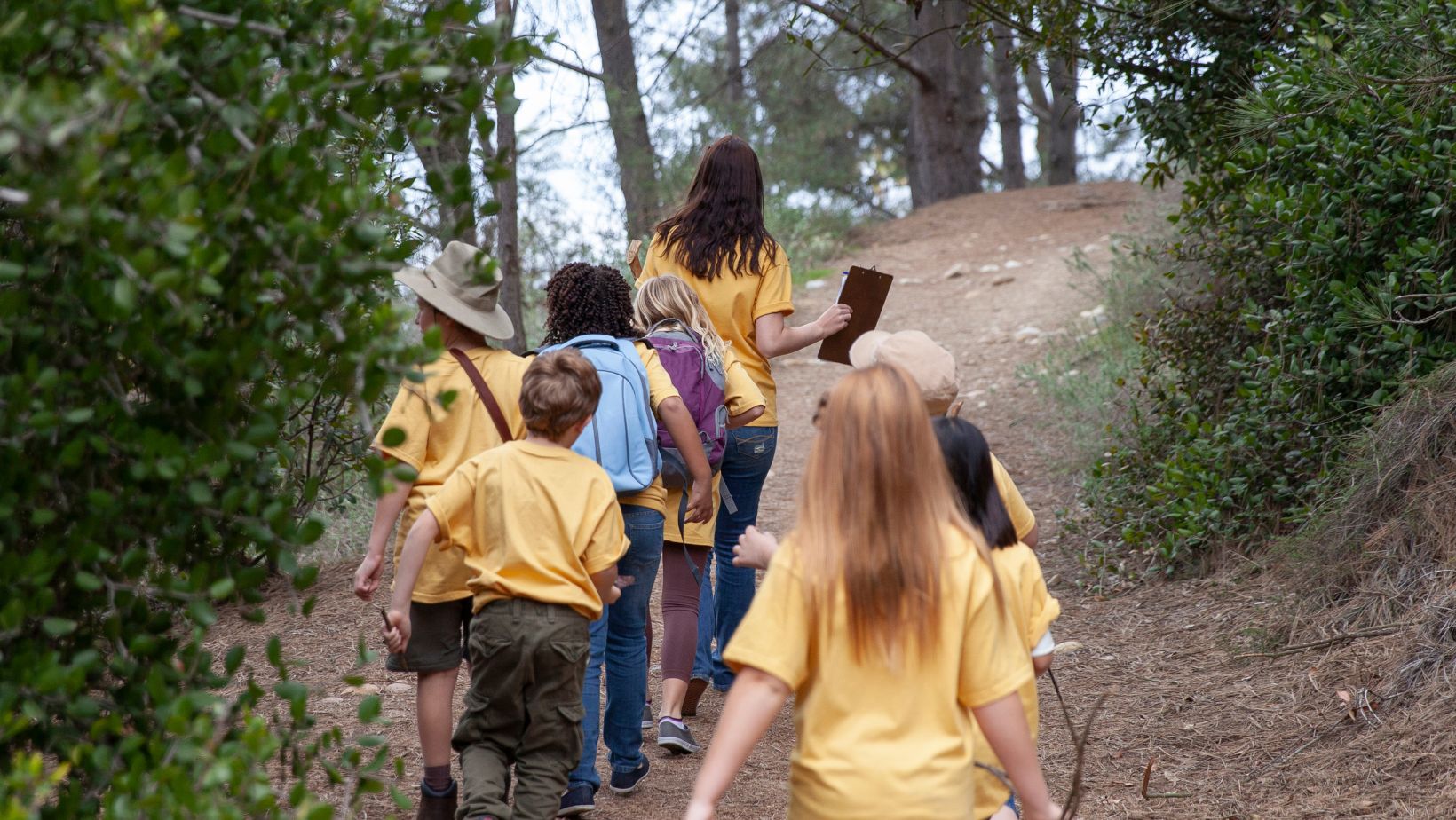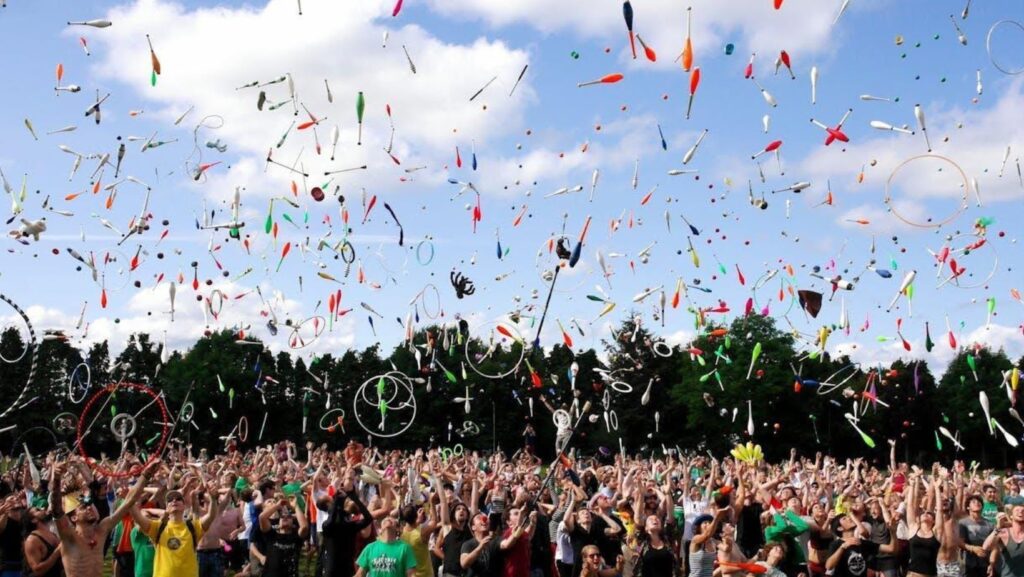Summer is more than a break from school. It’s an opportunity for growth. For many children, overnight summer camps offer the first taste of independence in a supportive environment where curiosity, courage, and connection thrive.
Away from screens, routines, and familiar comforts, campers discover who they are, what they’re capable of, and how they fit into a community.
The Transformative Power of Camp Life
A well-designed overnight camp does more than fill the calendar; it builds character. Campers learn responsibility by managing their belongings, waking up on time, and making choices about their day. These small moments add up to something significant: a growing sense of independence and self-trust.
When children navigate life outside their comfort zones, they realize that confidence isn’t something you’re given. It’s something you build. Through teamwork, outdoor challenges, and shared adventures, kids start to believe in their own abilities and see the value of persistence and creativity.
Stepping Outside the Comfort Zone
Every activity, from climbing a rock wall to performing on stage, is a chance to practice bravery. At overnight camps, counselors encourage kids to try new things in a safe, judgment-free space, where mistakes are viewed as part of learning rather than failure.
This is where lasting confidence begins, when children discover that fear can be managed and challenges can be overcome. Whether it’s learning to kayak, trying out for a camp talent show, or sleeping under the stars for the first time, camp teaches that courage is built through experience.
According to the American Camp Association, 92% of campers said that camp helped them feel good about themselves and increased their sense of self-worth. That boost in self-esteem often carries into school and family life long after camp ends.
Building Real Independence
True independence develops when kids take ownership of their day-to-day choices. Campers at overnight programs learn to make decisions, from selecting morning activities to resolving cabin conflicts, without constant parental guidance.
Counselors are there for support, but the structure encourages autonomy. Camp routines teach self-management in ways that feel empowering rather than imposed.
By learning to organize their own space, prepare for activities, and handle responsibilities, campers discover that they are capable of navigating the world more confidently.
Developing Social and Emotional Skills
Friendship is the heartbeat of camp. Living, playing, and problem-solving together teach empathy and teamwork. These are skills that can’t be learned from textbooks. They’re built through shared experiences and human connection.
Social growth happens naturally at camp because it’s an environment that values cooperation over competition. Kids learn to listen, compromise, and celebrate others’ successes. In diverse groups, they practice respect and open-mindedness, understanding that everyone brings something unique to the community.
These relationships help children strengthen their emotional intelligence, which psychologists recognize as one of the key predictors of success in adulthood. Camp gives kids a supportive arena to sharpen this essential skill.
Learning Through Play and Adventure
One of the most powerful elements of camp is that learning happens through play and exploration. Campers might think they’re just zip-lining or cooking over a fire, but in truth, they’re learning problem-solving, teamwork, and resilience.
- Outdoor challenges teach perseverance and adaptability,
- Creative programs develop focus and imagination,
- Group games foster collaboration and communication.
Children thrive when learning feels like an adventure, and at camp, growth becomes an exciting part of every day.
The Role of Mentorship and Role Models
At the heart of every great camp experience is mentorship. Camp counselors are often young adults who model confidence and independence through their actions. Their guidance helps campers feel safe enough to explore and bold enough to try new things.
These role models show that leadership isn’t about authority. It’s about empathy and example. Seeing counselors handle challenges calmly and kindly encourages kids to emulate those same behaviors. In this way, confidence and kindness become contagious.
Finding Freedom in a Screen-Free Environment
One of the defining features of a rewarding camp experience, like a Pali Adventures overnight summer camp is its tech-free policy. Without phones or screens, kids rediscover what genuine connection feels like. They talk, laugh, and play face-to-face. They learn to fill their time with creativity instead of scrolling.

This digital detox often leads to a profound shift. Campers become more present, more self-aware, and more engaged in their surroundings. They realize they don’t need constant digital validation to feel connected or confident. This kind of self-reliance is one of the most valuable lessons camp can teach.
Confidence Through Variety and Creativity
Freedom of choice is empowering, and at camps that allow children to tailor their experiences, that empowerment becomes personal growth. Many modern programs, like specialty camps, let kids focus on their passions, whether that’s cooking, performing, or exploring nature.
When campers select what excites them, they feel ownership over their learning. This approach nurtures motivation and self-expression while reinforcing the belief that their choices matter.
Through success and even failure in their chosen activities, they learn resilience and self-direction, skills that offer rewards far beyond summer.
The Ripple Effect: Confidence Beyond Camp
What begins as a summer adventure often has lasting effects. Campers return home with more confidence in social settings, greater problem-solving abilities, and a willingness to take initiative.
Parents often notice their children becoming more communicative, responsible, and independent after just one week away.
These changes aren’t accidental; they’re the result of carefully structured experiences designed to encourage autonomy and reflection.
The beauty of camp is that growth happens organically through joy, connection, and adventure.
A Foundation for Lifelong Growth
The lessons learned around the campfire extend well beyond childhood. Camp experiences often influence how young people handle challenges in school, relationships, and later, in their careers.
Learning to step outside comfort zones, communicate openly, and adapt to new situations are all foundational life skills rooted in those early camp experiences.
Overnight camps cultivate confidence that lasts, because it’s built from genuine achievement and self-discovery, not external approval. They help children realize that independence doesn’t mean doing everything alone. It means trusting yourself enough to try.
More Than Summer Nights Away
An overnight camp is not just a place; it’s an experience that shapes identity. Kids who attend return with stories, friendships, and a new sense of self that continues to grow long after the summer ends.
In a world where so much of childhood happens behind screens, these immersive, human-centered environments remind kids what it means to connect, explore, and believe in themselves.
Confidence built at camp becomes confidence for life, and the independence gained becomes the foundation for everything that follows.
